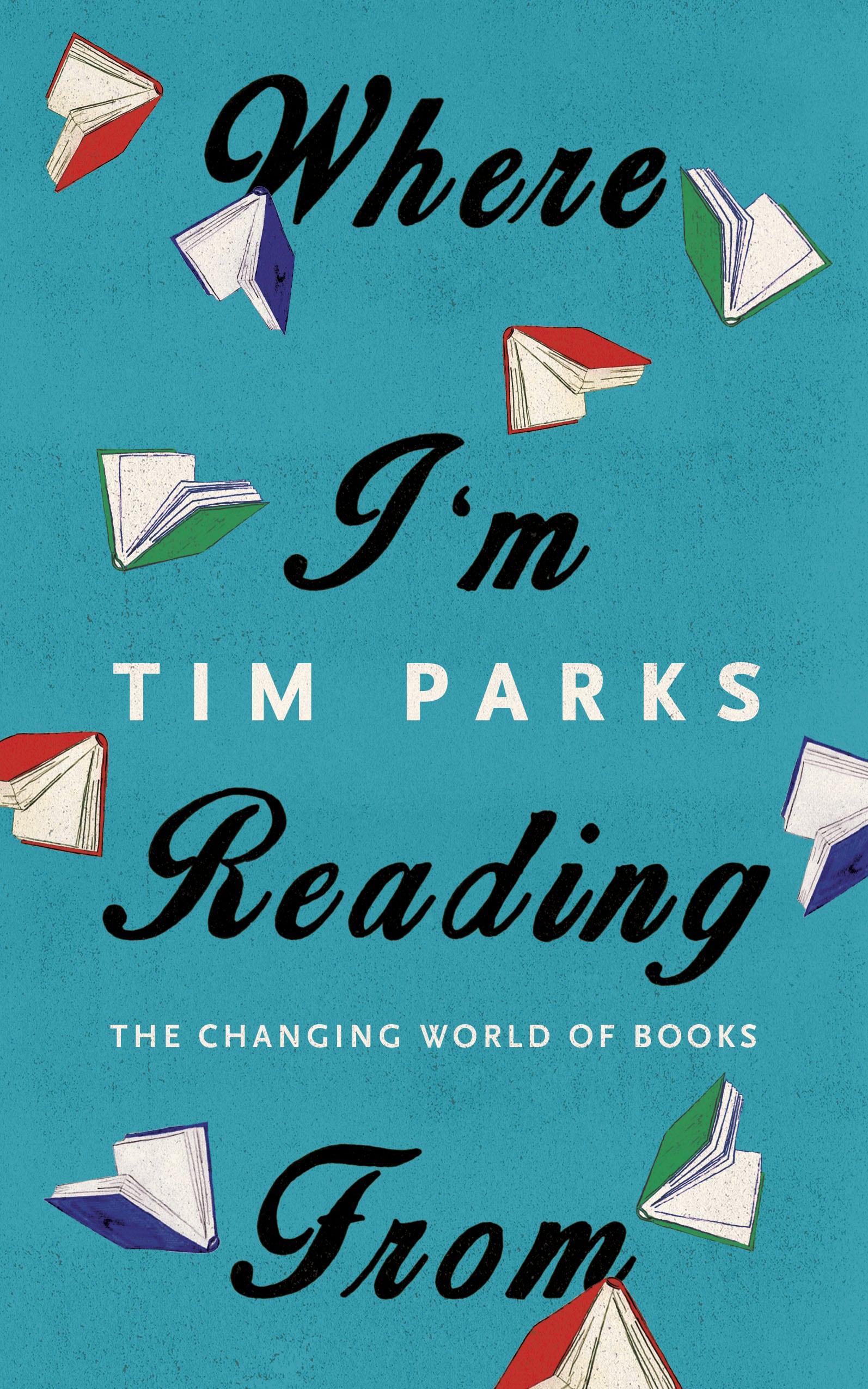Tim Parks brilliantly skewers the pieties of the literary world.
Lionel Shriver
In 2011 the New York Review of Books asked me if I would contribute to their website blog. Pieces on Italy. I refused. I’ve always hated the word blog. I dislike the idea of a writing which is perhaps more careless, off the cuff, here today and gone tomorrow. I didn’t want to write regularly about Italy. I didn’t want to be paid less than I am normally paid. The folks at the NYRB insisted, gently, they talked about freedom to decide what I could write, they talked about flexibility over money. I thought I’d see what it felt like.
What I wanted to write about was writing itself, and reading, and books. Not in a precious way. I thought I might use the space to say all the things I feel are never said about this profession, this habit, obsession, whatever. The literary world is so full of piety, and snobbism, and in general a defensive need to describe everything we do as terribly important, central to the survival of Western culture, and so on. The experience of reading books, of putting them down before we’ve finished them, of feeling that a book is very good, but nevertheless not really wanting to finish it, or again feeling it is very bad, but devouring it. These were the things I wanted to concentrate on. Why we can never agree about the books we like, why our opinions about books shift over the years.
And then the world of books is changing so fast. Internationalizing. Fragmenting. Becoming more and more homogeneous in some ways, heterogeneous in others. And so much nonsense is talked about international prizes, about literary festivals, about translation.
In short, no sooner had I begun to write than I found I had a rich vein. And it’s a great pleasure to work with a flexible length – anything between one and two thousand words, and no deadline. I could write four pieces a month, or none. I also had the luxury of working with people who offered lots of feedback and first class editing. Hugh Eakin particularly deserves a mention. Sometimes we would send a piece back and forth a dozen times before we had it as we wanted it.
After about twenty pieces it was very clear in my mind that what I was in fact putting together was a book that would say all I think about the book world today, and how radically different it is from the way people like to imagine it is. And here, with what I hope are the forty best pieces, is that book.
This is what THE OBSERVER said about it
A long-overdue, challenging and absorbing book
Alan Taylor,The Glasgow Herald

